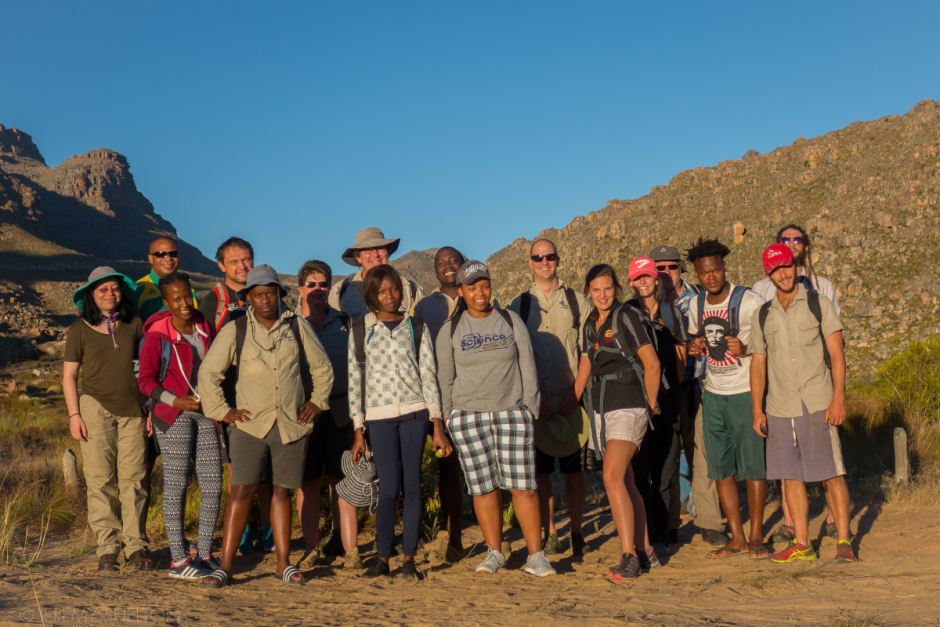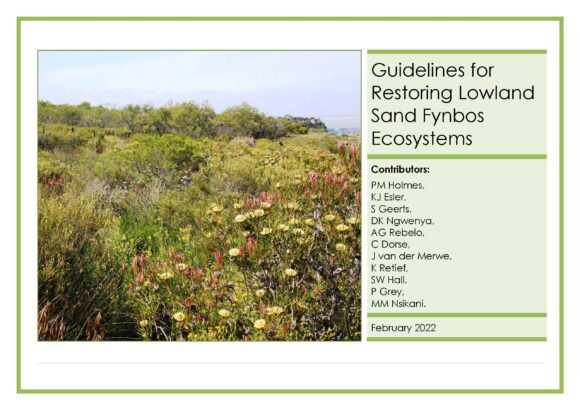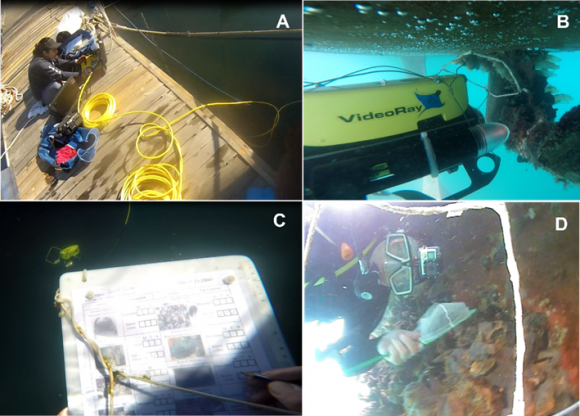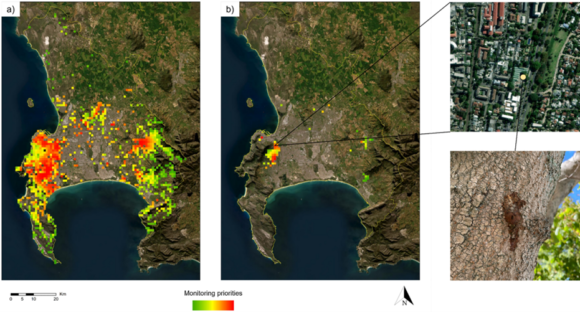Habitat modification, pollution and alien fishes are among the greatest threats to South Africa’s freshwater biodiversity. Alien fish impact is primarily through predation on, and/or competition with, native fishes, invertebrate and plant communities. CapeNature have therefore initiated a programme to rehabilitate native fish assemblages through the removal of alien fishes. The monitoring of freshwater ecosystems prior to, and following the intervention is important to ensure due diligence from the implementing authority.
To support this process, a long term monitoring project to assess the ecosystem responses to alien fish removals in rivers, dams and wetlands has been initiated in the Cedarberg in South Africa’s the Western Cape. The South African Institute for Aquatic Biodiversity (SAIAB), which is funded by the Water Research Commission (WRC K5-2538) is co-ordinated by C∙I∙B post-doc Sean Marr (SAIAB) in collaboration with C∙I∙B core team members Olaf Weyl (SAIAB), Stefan Foord (University of Venda) and Karen Esler (University of Stellenbosch); as well as with researchers Anusha Rajkaran (University of the Western Cape), Nial Vine (University of Fort Hare) and Dean Impson, Martine Jordaan and Jeanne Gouws from CapeNature.
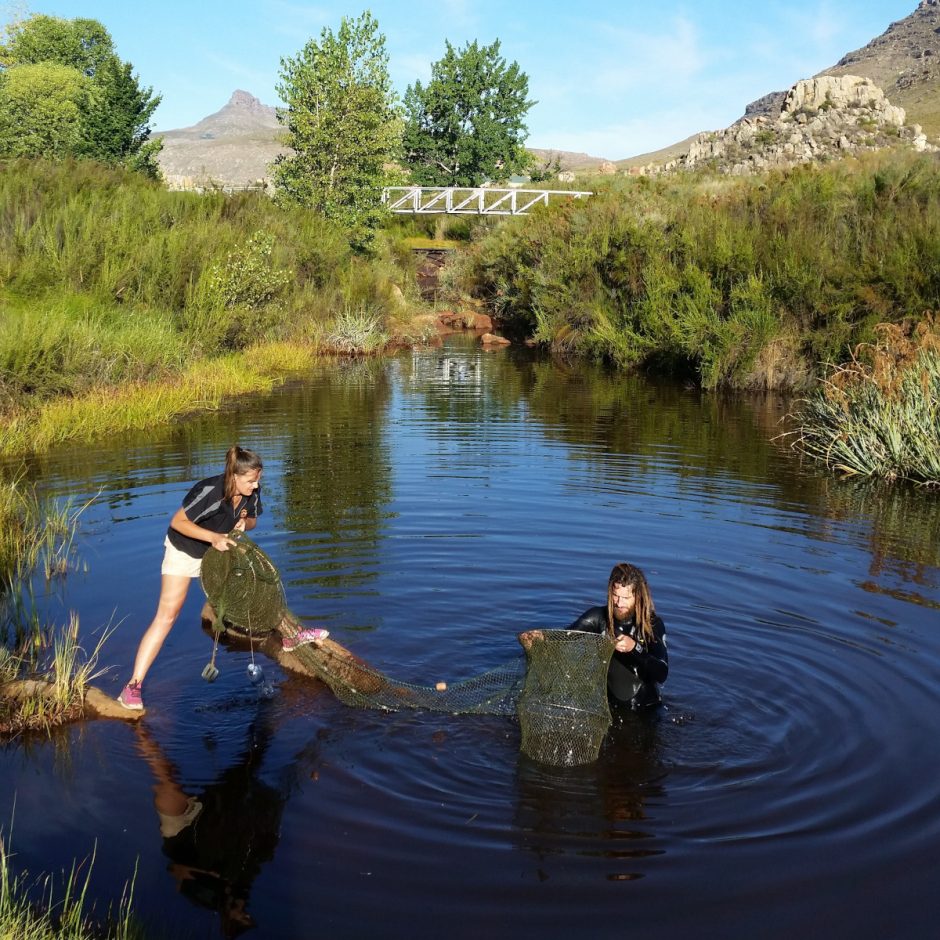
In addition to monitoring ecosystem responses, the project capitalises on the learning opportunities that such monitoring projects provide by linking research activities to research projects required by BSc final year and Honours students. During the three-week field trip in January 2017, BSc (Hons) students from University of Venda, University of Fort Hare, Stellenbosch University and University of Western Cape learned and participated in aquatic monitoring of fish, invertebrates and plants.
The techniques included snorkel surveys, underwater camera assessments, seine netting, electro-fishing and aquatic insect monitoring and identification techniques. Students then received guidance from leading ecologists to develop their own projects and collect the data for the research component of their relevant degrees. To facilitate peer-to-peer learning, the students were paired up with post-doctoral and post-graduate advisors Dr Jeremy Shelton (C∙I∙B post-doc), Terrence Bellingan (C∙I∙B PhD), Lubabalo Mofu (C∙I∙B PhD), Lesley Bloy (C∙I∙B MSc) and Bianca Hannweg (MSc).
